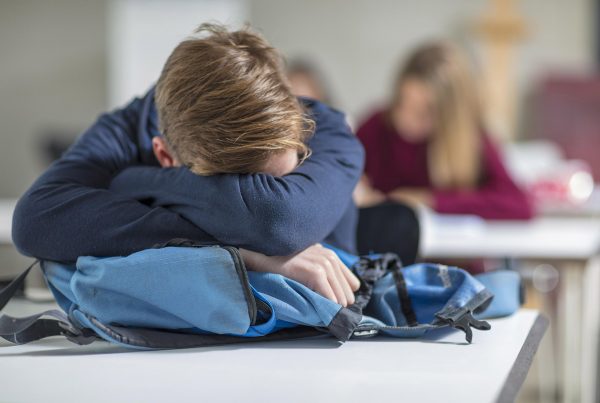We started off this year worried about this Supreme Court, fearing that it was not going to protect the right of children with disabilities. So far, however, the Supreme Court has dealt with two educational disabilities cases and has, both times, come down on the side of students. The Council of Parent Attorneys, and Advocates (COPAA) filed amicus briefs (friend of the court briefs) in both of these cases.
Wednesday, (03/22/17) the Supreme Court came down with its decision in the Endrew F. case. We were all watching this case carefully, because the Court was reviewing the standard for determining what is a “Free and Appropriate Public Education (FAPE). This case is vital to parents and advocates working to improve educational opportunities for children with disabilities. Whenever we are litigating cases under the Individuals with Disabilities Education Act (IDEA), the judges are essentially trying to determine whether the school district has provided the child with FAPE.
This leads to the question: “What is FAPE?” Since the first edition of IDEA was passed, originally called the “Education of all Handicapped Children Act,” in 1975, the courts have been trying to define that question, what is FAPE? Unfortunately, it sometimes seemed that the courts were trying to determine the “lowest common denominator.” The least amount of education schools could get away with providing and still be considered to be providing FAPE. They continually argued that they were required only to provide a basic threshold of education.
In its amicus brief, COPAA argued that courts could only determine whether a school district has met the FAPE requirements of the IDEA is to carefully analyze the fact to determine whether the school district has, indeed, complied with “all of the substantive obligations” found in the IDEA. Particularly noted in the specifics of the Endrew F. case is the fact that an educational program, which might seem reasonable in its creation, may not in the analysis of the program actually be effective for the unique child. When there is a lack of adequate progress, the school district has an obligation to make adjustments and, if necessary change the IEP goals and/or services in order to assure an IEP where the child is making meaningful progress.
Endrew F. v. Douglas County School District says that: “To meet its substantive obligation under the IDEA, a school must offer an IEP reasonably calculated to enable a child to make progress appropriate in light of the child’s circumstances. Some children with disabilities will advance from grade to grade progressing smoothly through the general education curriculum. For those who cannot, their educational programs must be ‘appropriately ambitious.’ Their “goals may differ, but every child should have the chance to meet challenging objectives.”
So as to not be misunderstood as to what it considered to be adequate or meaningful progress, the Court noted that for children with disabilities who are being educated in the general education classroom in the regular education curriculum, the IDEA normally expects the student to be able to advance from grade to grade, with the class. Recognizing that some students, due to their particular deficits or limitations, are being educated in a “modified” educational curriculum, the Court discussed the progress expected for these students. The Court noted:
A child’s IEP need not aim for grade-level advancement if that is not a reasonable prospect. But that child’s educational program must be appropriately ambitious in light of his circumstances, just as advancement from grade to grade is appropriately ambitious for most children in the regular classroom. The goals may differ, but every child should have the chance to meet challenging objectives.
In the past lower courts have pretty much stumbled around trying to determine some standard to apply in such cases. Courts calling for a bare threshold of educational offering, played with the extremely vague concept of something more than “de minimis” progress. Some courts have been more daring using words like “meaningful,” “effective,” “reasonable,” but these concepts proved difficult to nail down.
The Endrew F. Court in its unanimous decision made it clear that for those educated in a modified general education curriculum, a school CANNOT meet its IDEA requirements by planning for “barely more than de minimis progress.” As COPAA has noted, “That is because when all is said and done, a student offered an educational program providing ‘merely more than de minimis’ progress from year to year can hardly be said to have been offered an education at all.”
The Endrew F. case does not mean the end of litigation. You can be sure that school districts will still try to prove that the child was simply unable to progress due to the child’s deficits. The important thing is that schools can no longer hide behind a minimum threshold of educational opportunity standard. We will have to see how this is sculpted in future cases, but I do not think it would be unreasonable to argue that once the parents have demonstrated a lack of meaningful progress against goals that were designed for the child’s unique needs, then the school district is going to be put in the spot of having to explain the lack of progress.
That said, the three rules of school district positions where a child fails to make adequate progress probably still apply.
- First, you blame the child;
- Second, you blame the parents;
- Third, you never, never, ever blame the school.




